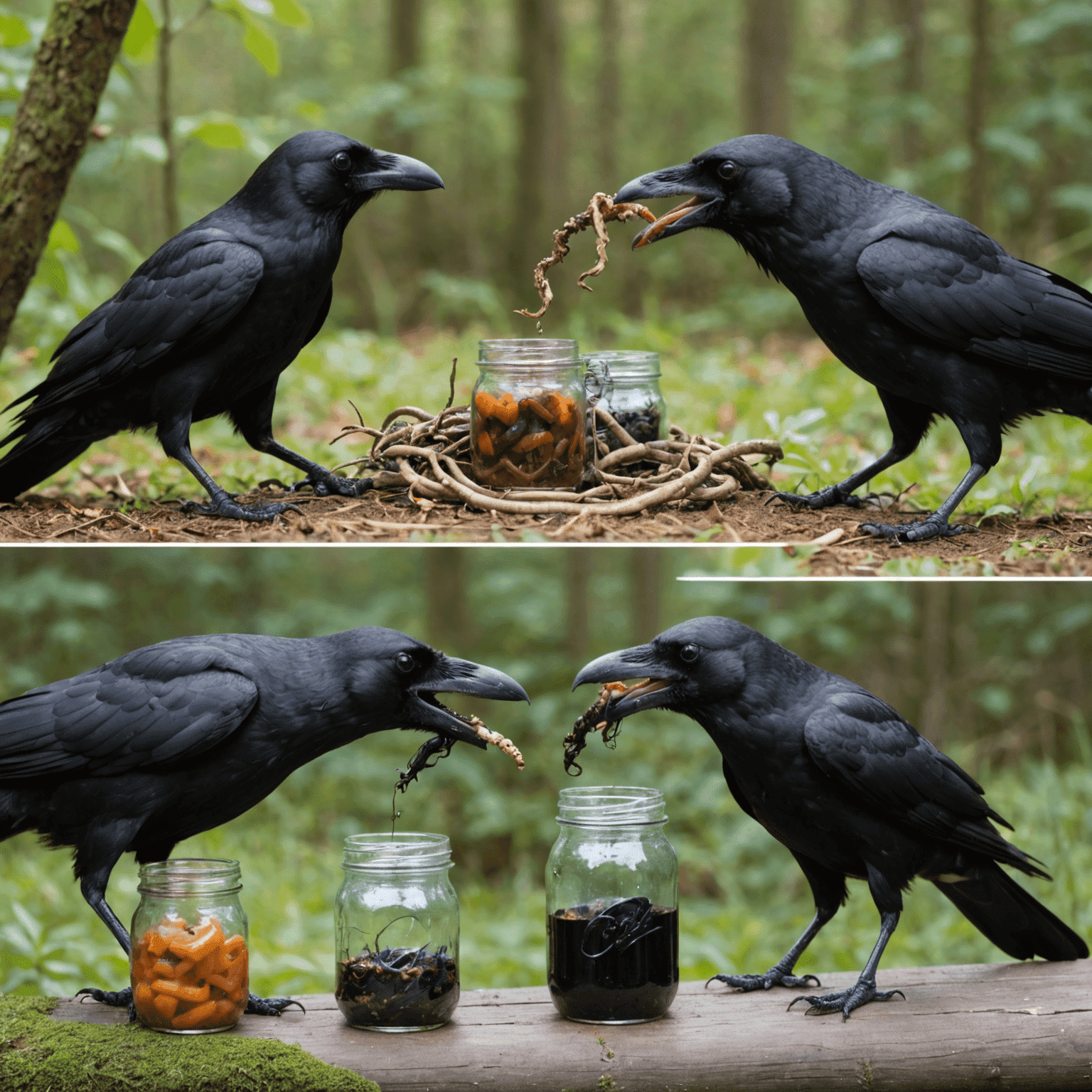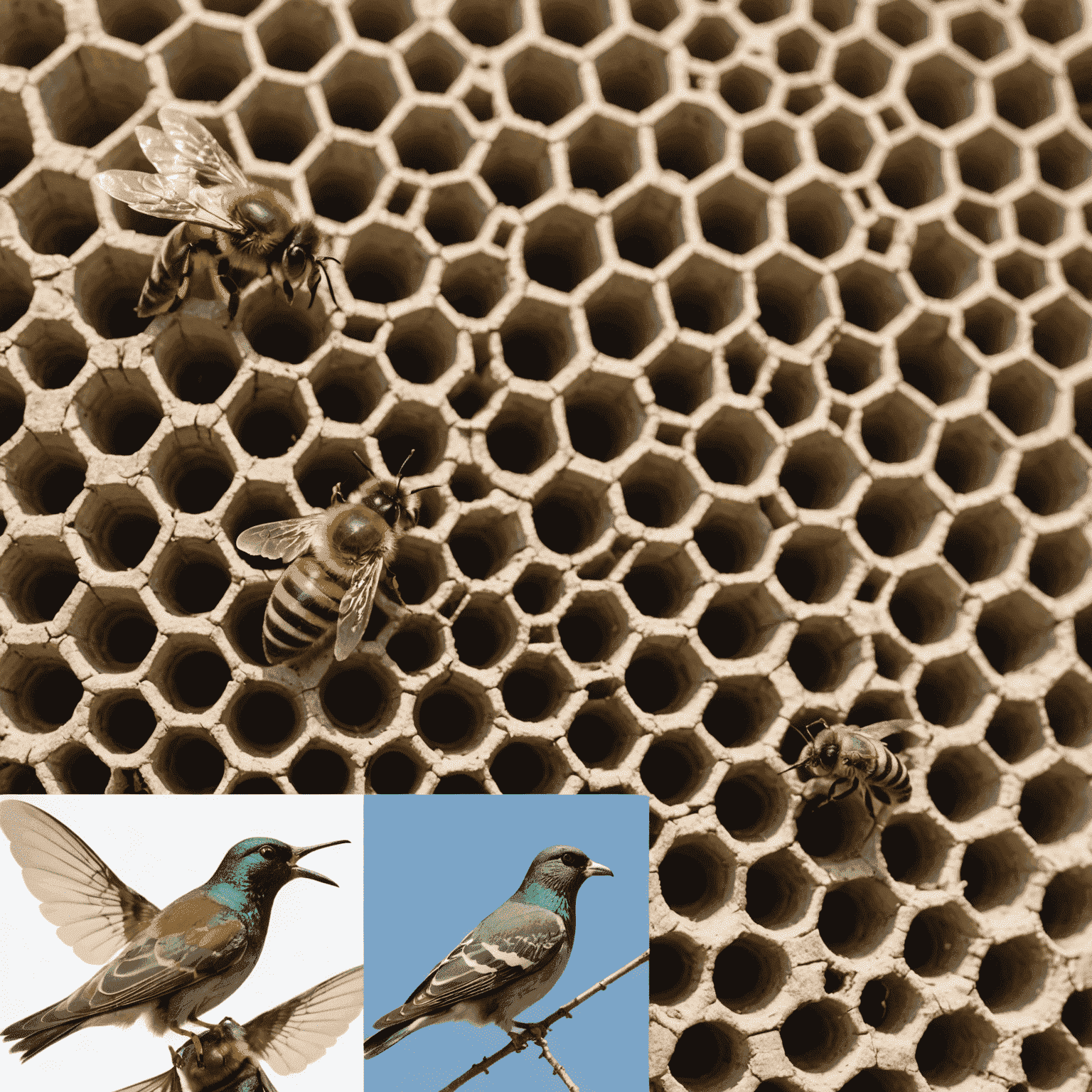Animal Intelligence: Surprising Cognitive Abilities

Recent discoveries in animal cognition have shattered our preconceptions about the intellectual capabilities of our fellow creatures. From problem-solving skills to emotional intelligence, the animal kingdom continues to amaze researchers and animal lovers alike. Let's explore some of the most fascinating examples of animal intelligence across various species.
Problem-Solving Prodigies
Crows: Nature's Feathered Engineers
Crows have repeatedly demonstrated their exceptional problem-solving abilities. In one study, New Caledonian crows were observed crafting tools from plant materials to retrieve food from hard-to-reach places. They've even shown the ability to understand water displacement, dropping stones into water to raise its level and access floating treats.
Octopuses: Masters of Escape
These eight-armed wonders have been known to solve complex puzzles, open jars, and even escape from seemingly secure tanks. Their problem-solving skills are so advanced that some researchers consider them to be as intelligent as domestic dogs.

Emotional Intelligence in the Animal Kingdom
Elephants: Empathy Giants
Elephants have long been recognized for their emotional depth. They've been observed comforting distressed herd members, mourning their dead, and even displaying behaviors that suggest they can recognize themselves in mirrors – a key indicator of self-awareness.
Dolphins: Social Savants
Dolphins exhibit complex social behaviors that suggest high emotional intelligence. They form strong social bonds, engage in cooperative hunting, and have even been observed helping injured members of their pod. Some studies suggest they may have a form of language, using unique whistles as individual names.
"The more we study animal intelligence, the more we realize that we're not as unique as we once thought. The line between human and animal cognition is becoming increasingly blurred." - Dr. Jane Goodall
Surprising Cognitive Abilities
Bees: Tiny Mathematicians
Recent studies have shown that bees can perform basic arithmetic, understanding the concepts of zero and addition. This level of abstract thinking was previously thought to be beyond the capabilities of insects.
Pigeons: Visual Recognition Experts
Pigeons have demonstrated an extraordinary ability to recognize and categorize complex visual patterns. In some studies, they've even outperformed humans in certain visual tasks, such as detecting cancerous tissues in medical images.

Implications for Conservation and Ethics
As we continue to uncover the depths of animal intelligence, it raises important questions about our relationship with the natural world. The recognition of complex cognitive abilities in animals challenges us to reconsider our ethical responsibilities towards other species and the importance of conservation efforts.
Understanding animal intelligence not only satisfies our curiosity but also helps us develop more effective conservation strategies. By recognizing the cognitive needs of different species, we can create better environments for animals in captivity and make more informed decisions about protecting their natural habitats.
Key Takeaways:
- Animals across various species demonstrate complex problem-solving abilities.
- Emotional intelligence is not unique to humans; many animals show empathy and social cognition.
- Some animals possess cognitive abilities that rival or even surpass humans in specific tasks.
- Recognizing animal intelligence has important implications for conservation and animal welfare.
As we continue to explore the fascinating world of animal intelligence, we're constantly reminded of the incredible diversity and complexity of life on our planet. Each new discovery not only expands our understanding of the animal kingdom but also deepens our appreciation for the intricate web of life we're all part of.